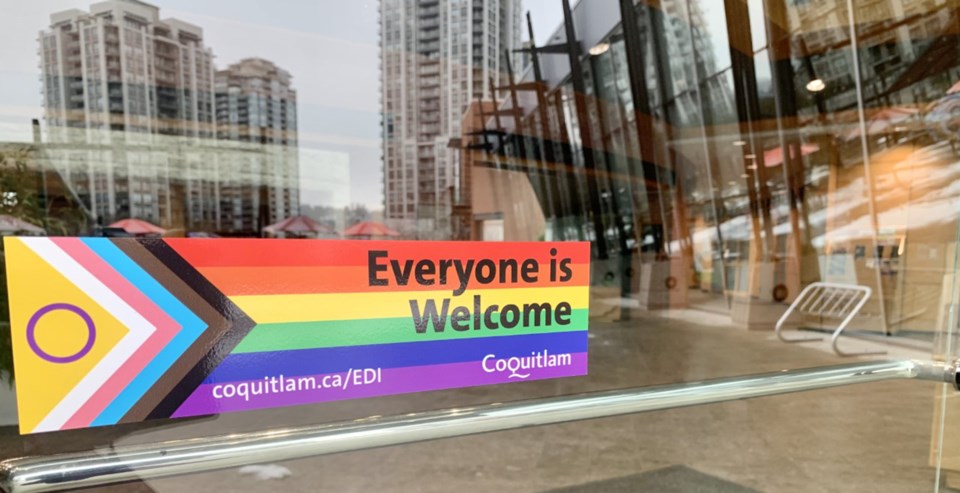Comments, concerns and even a congratulations came before Coquitlam City Council at Tuesday's (May 9) spring townhall meeting.
Council and senior managers filled the council chambers and fielded more than a dozen questions from the public on topics ranging from affordable housing and traffic safety to the tree canopy and child care.
But there were also a few out-of-the-ordinary topics raised like the lack of hospital in Coquitlam, the rodents around the Coquitlam Crunch trail and the possibility of setting up cannabis smoke lounges in the city.
Mayor Richard Stewart answered most of the questions, which were delivered in person or via Zoom or Slido; however, in many cases, his answer was simple: That’s the provincial government’s jurisdiction.
On topics such as affordable housing and child care, council and staff spoke about the city’s policies, procedures and plans while also mentioning the downloading of responsibilities by the B.C. government.
Phil Buchan, who ran for council in last fall's civic elections, talked about the "record number of renovictions and demovictions in the past five years" in Coquitlam. He's said he's currently helping a friend find another home, but rents for a one-bedroom place range from $1,500 to $1,700 a month.
He encouraged council to provide more below- and non-market housing in the city.
Stewart countered that city hall is doing what it can to offer incentives to developers and apply for provincial grants for housing projects.
In fact, the mayor argued, Coquitlam has been such a leader in creating affordable homes that the province is giving Coquitlam a pass when it comes to money requests and giving them to municipalities not stepping up.
Genevieve Bucher, Coquitlam's director of community planning, said Coquitlam has spent $17 million to help create affordable homes.
Coquitlam residents also posed questions about the urban planning concept on Burke Mountain, where the commercial district will be centralized in the Partington Creek neighbourhood; the need for more garbage bins along Burke trails; cycling connections throughout the city; and dangerous trees.
On the lack of hospital, Stewart pointed again to the provincial government, which owns and runs healthcare institutions in B.C.
"We've been nagging the province," he said, noting the city "offered up Riverview"; however, the province opted to rebuild Royal Columbian Hospital in New Westminster, which he predicted will have cost overruns.
"The Tri-Cities needs a full-sized hospital. We are underserved now," the mayor said.
Still, the increasing high-rise construction in the western neighbourhood of Oakdale drew the biggest concerns for council and staff.
While one homeowner said he supports the densification, he said the concentration of heavy machinery and tradespeople is making Oakdale dangerous to get around.
And Dave Irving of the Oakdale Neighbourhood Association said his group is working with area developers to better coordinate road closures.





